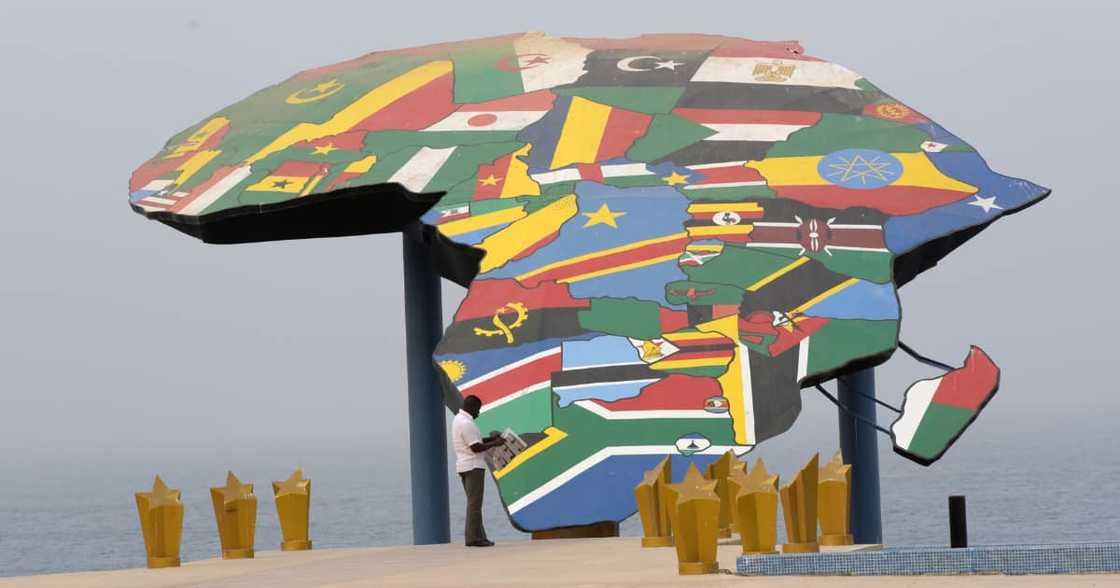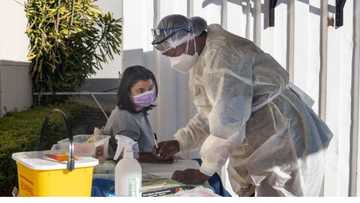Analysis: African Countries Collaborate to Advance Africa Through Innovation
- The African Continental Free Trade Agreement that was implemented in January 2021 will make it possible for African countries to collaborate in the fields of science and technology
- Over one-third of the African population does not have access to clean cooking energy and there is a need for reform
- A large portion of the African population is situated in rural areas and as a result, agriculture has been identified as one of Africa's priorities for innovation
PAY ATTENTION: Click “See First” under the “Following” tab to see Briefly.co.za News on your News Feed!
The African Union Development Agency (AUDA-NEPAD), the Council for Scientific and Industrial Research (CSIR) and Stellenbosch University formed a trilateral partnership to help in the development of African countries.
The arrangement will be focusing on the improvement of food security, clean energy and education through innovation of already existing science and technology elements.
The formation of a trilateral partnership between AUDA-NEPAD, the CSIR and Stellenbosch University is rather significant and needs to be understood from its basic core.

Source: Getty Images
PAY ATTENTION: Never miss breaking news – join Briefly News' Telegram channel
The integration of African economies
The formation of this partnership is made possible in part by African countries coming together. In March 2018 African countries signed the African Continental Free Trade Agreement (AfCFTA). According to the African Union, AfCFTA is an agreement meant to crucially grow the economies of African countries, create jobs and help Africa as a continent become a major player in the international trading sector. The AfCFTA was only implemented in January 2021 and there is hope for improvement in some sectors by 2022.
Priorities in the development of African countries
The AfCFTA in collaboration with AUDA-NEPAD has identified priorities that are centred on increasing investments in human development, such as largely increasing the number of children enrolled in primary school, improving adult literacy rates, in order to improve Africans' well-being.
Such increases in welfare come with effective and capable institutions such as the public, private, and academic sectors, as well as non-governmental, inter-governmental, regional, and continental institutions.
Furthermore, increased progress in health sectors can reduce maternal and child mortality, chronic malnutrition in children under the age of five, HIV/AIDS, tuberculosis, and malaria prevalence.
Another major priority identified is the building of healthy national and regional food systems and the empowerment of rural communities on the African continent. This is particularly important considering that over 75% of the African population live in rural areas according to the Federal Communications Commission. The economies of rural areas are heavily dependent on agriculture which means the need for innovation in the agriculture sector is undeniable.
Another area includes the creation of more energy supply. The creation of energy supply is of significance because according to the World Bank about 2.6 billion people in African do not have access to clean cooking energy. That is about one-third of the African population.
The need for partnerships in science and technology
The improvements of science and technology has been one of Africa's strategic priorities, and this is where the trilateral partnership mentioned earlier can make a significant contribution. This partnership can take advantage of already existing technologies and improve them to be better suited for the African population.
Stellenbosch University and CSIR can do so largely with the help of the AUDA-NEPAD, giving them access to innovations that may exist in other countries. There is also a requirement to collaborate with other organisations across Africa and around the world to strengthen and adapt existing innovations.
Enjoyed reading our story? Download BRIEFLY's news app on Google Play now and stay up-to-date with major South African news!
Source: Briefly News




